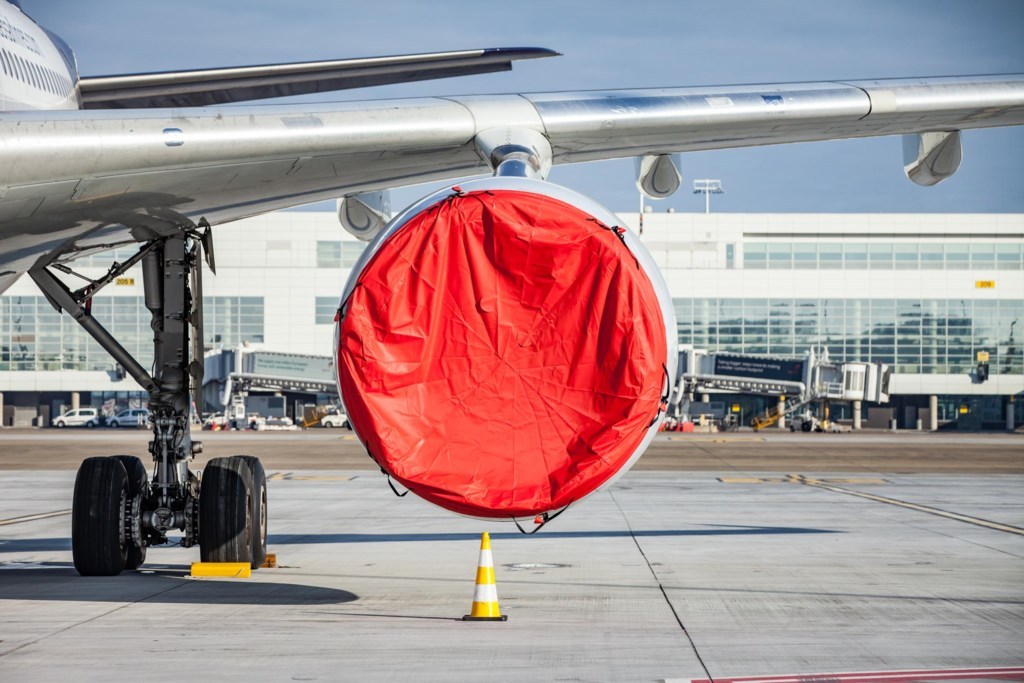After rumours of a crisis meeting at Brussels Airlines on Monday, prompted by reports that Lufthansa was no longer excluding the option of dropping Brussels Airlines, experts see 5 options for the future of the Belgian airline.
Rumours of a meeting between the two players on Monday, however, are "based on pure speculation," according to Brussels Airlines spokesperson Maaike Andries.
"We are, of course, in constant contact with our partners," she told The Brussels Times. "But there are definitely no plans for a crisis meeting as such," Andries added. Last week, trade unions already said that they would "not start panicking" as the company had been "dead and buried ten times over."
However, with the possibility of Lufthansa dropping its Belgian subsidiary in mind, there could be five possible plans for the future of Brussels Airlines, Wouter Dewulf, transport economist at the University of Antwerp, told Het Nieuwsblad.
1. Lufthansa comes out on top, like in Austria
In early June, the German company reached an agreement with Austria on an aid package of €150 million for Austrian Airlines. In exchange, the company had to hold itself to some ecological targets.
This is not and should not be a model for Brussels Airlines, however, according to Belgium, as the government has no shares and therefore, no say in what happens.
"It is only logical that, in Brussels, they are on the lookout," said Dewulf. "In the previous deal between Lufthansa and Brussels Airlines, the Belgians felt passed over: Brussels Airlines would become part of the low-cost subsidiary Eurowings, the opposing CEO was pushed aside. It seemed like a German coup d'état," he said.
However, with the necessary strict conditions - preferably through a few representatives in SN Holding but at least with enforceable penalty clauses - this scenario has the most advantages, according to Dewulf.
"Brussels Airlines remains operationally fully embedded in Europe's largest aviation group, which is also good for the economy and employment at and around the airport," said Dewulf. "But the Germans are shrewd negotiators and would dare to smuggle a - potentially lethal - phrase, like 'provided economic conditions allow' into a contract," he added.
2. The Belgian government grants a loan to Brussels Airlines
"Brussels Airlines needs just under €300 million in aid. The fact that this is done entirely in the form of a loan, seems difficult for Brussels Airlines to achieve," said Dewulf.
Lufthansa would receive the money as a gift because the company would have to repay the loan, assuming that Brussels Airlines is able to. "How do you do that if you make little or no profit? The big disadvantage is that Belgium does not have a single finger on the pulse, and cannot weigh up the future of the company," Dewulf said.
Additionally, the sector is still awaiting heavy reorganisations. Lufthansa wants to lay off 22,000 people in Germany alone, in spite of the enormous state support from Berlin, which will be on Lufthansa's Board of Directors.
Related News
- Flight resumption: 'full planes' at Brussels Airlines
- Belgium backs rail travel as an alternative to flying in Europe
- Lufthansa could let Brussels Airlines go bankrupt: reports
3. Federal government steps in to the capital of Brussels Airlines
This scenario, in which the Belgian government would inject capital into the company, in exchange for 45% of the shares and sit on the board of SN Holding, is "wishful thinking," according to Dewulf.
"For our government, of course, it would be nice. But the company's CEO, Carsten Spohr, is very much against government interference. That is also why the talks with Berlin dragged on for so long. And that is when Lufthansa asked for €9 billion in aid, not €300 million like we did," he said.
This scenario could be "operationally counterproductive" for Brussels Airlines," Dewulf said. "The company would no longer be a wholly-owned subsidiary of the Lufthansa group, but a stepsister of the other companies. The others would undoubtedly be given priority," he added.
4. Lufthansa allows Brussels Airlines to go bankrupt
"A disaster scenario that I am nonetheless taking into account," said Dewulf. "It is a public secret that Brussels Airlines has never been a top priority for Carsten Spohr: the takeover was a project of his predecessor and he has not yet had much fun with his loss-making subsidiary," he added.
A bankruptcy would be a hard hit for employment in and around Zaventem, where the airport is located. For the airport itself, this would mean less connectivity and less income.
"However, for Lufthansa, it could work out well: low-cost subsidiary Eurowings could take over the slots freed up for the most profitable routes, and the group could immediately deploy the surplus aircraft and employees who are unemployed in the aftermath of the coronavirus," he added.
5. Belgium nationalises Brussels Airlines
As far back as April, several experts who were looking into how to save the company after the coronavirus crisis, stated that they did not exclude the option of a nationalisation of the airline.
In case of bankruptcy (a 'no-deal') everyone loses, while a half-hearted compromise (a 'bad deal') solves nothing, seven experts wrote in an opinion piece in La Libre this weekend.
"Sounds nice, but operationally, it would be pure folly," said Dewulf. "A small player with 50 planes has no chance to survive in a sector that is in full consolidation worldwide," he said, adding that Brussels Airlines simply cannot stand on its own two feet.
"I really wonder what other large airline group or alliance would want to bring Brussels Airlines under its umbrella. Certainly with a government as the main shareholder. Not to mention the start-up or go-around costs, which are considerably higher than in scenarios 1 to 3," Dewulf said.
Maïthé Chini
The Brussels Times

